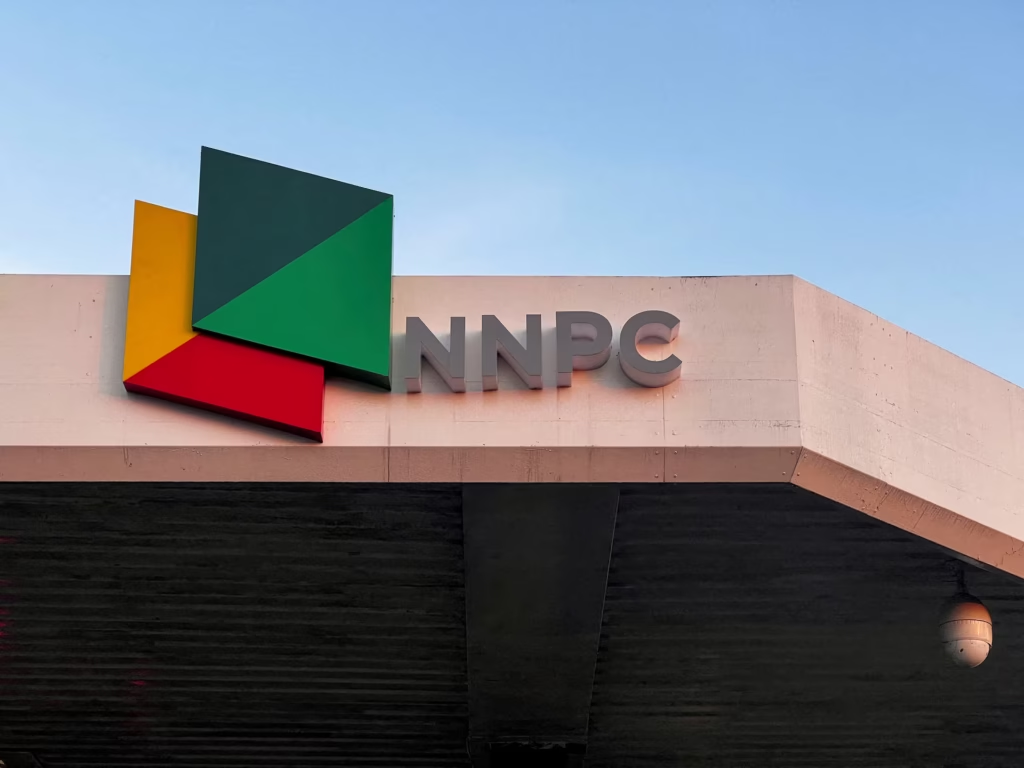
The status of some African multilateral development banks (MDBs) as preferred creditors is under threat, potentially impacting their ability to offer cheap financing to developing nations.
JPMorgan analysts warn that smaller MDBs like the African Export-Import Bank (Afrexim) and the Trade and Development Bank (TDB) might lose their Preferred Creditor Status (PCS). This status grants them priority repayment during a borrower’s financial hardship, allowing them to offer lower interest rates.
However, larger MDBs argue that some smaller regional banks, particularly in Africa, don’t provide enough concessional loans to qualify for the privilege. This debate has caused tension in ongoing debt restructurings in Zambia, Ghana, and Malawi, where the treatment of loans from Afrexim, TDB, and others remains unclear.
JPMorgan analysts believe a “negative test” of PCS is likely in upcoming sovereign debt restructurings for these smaller MDBs. If their claims are included in the overall restructuring, it could raise the riskiness of their bonds.
The analysts estimate that TDB’s loans to Malawi and Zambia will likely be part of their respective debt restructurings. Afrexim’s exposure to Ghana and Malawi is also at risk, although the situation in Ghana is more complex. While some large creditors reportedly want Afrexim to take losses, the government is also seeking IMF support for the bank.
Considering these risks and the banks’ loan concentrations, JPMorgan recommends an “underweight” position on Afrexim and TDB bonds, essentially advising investors to sell or avoid them.
Afrexim primarily provides direct loans to central banks, commercial banks, and governments. Its major shareholders include the governments of Nigeria (15%) and Egypt (15%), along with Egypt’s central bank and some private investors.
TDB focuses on trade and project financing in eastern and southern Africa. The African Development Bank holds a 9% stake, with Egypt, Ethiopia, Kenya, and Tanzania each owning 5-7%. Similar to Afrexim, TDB also has private shareholders.




